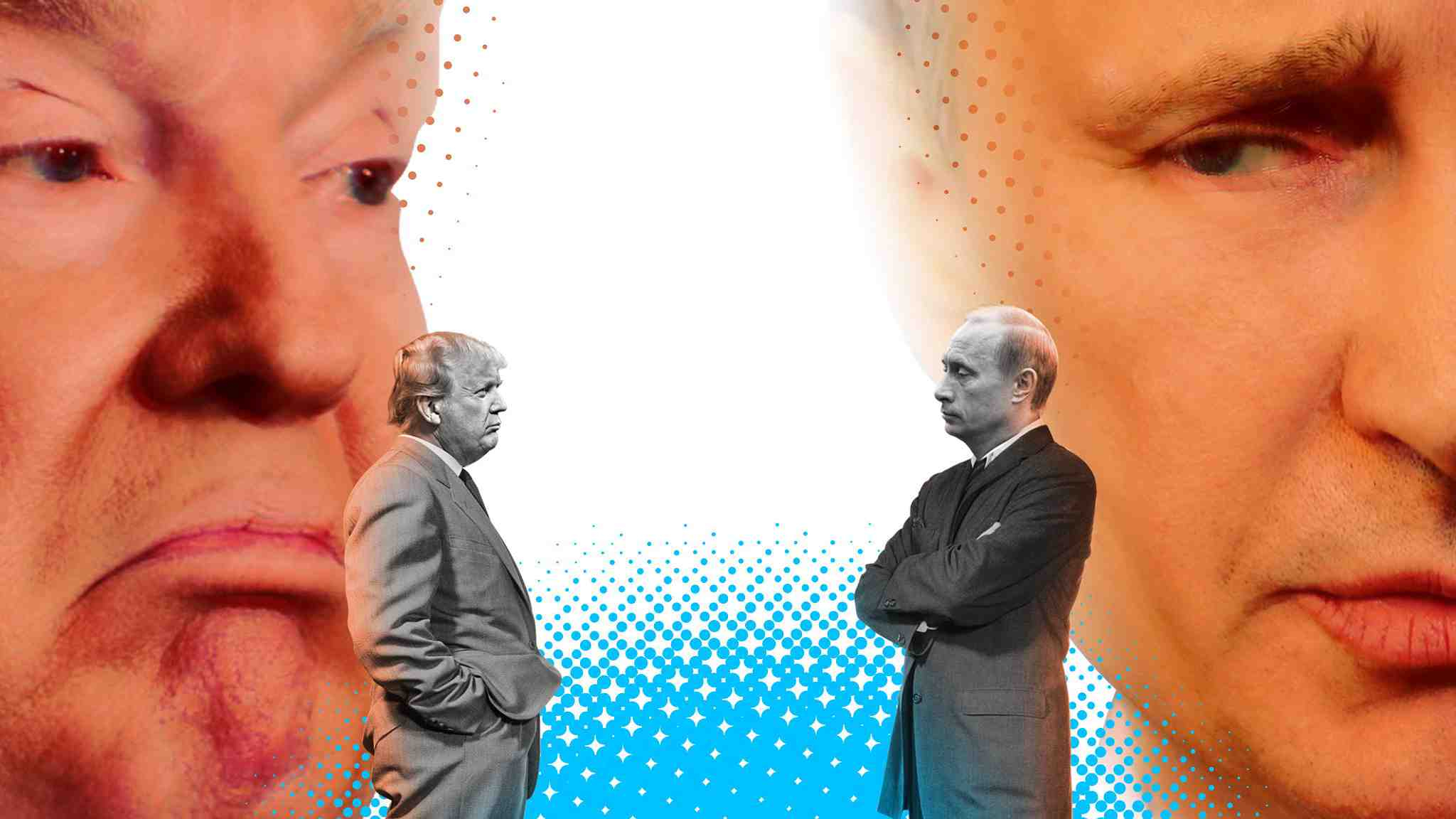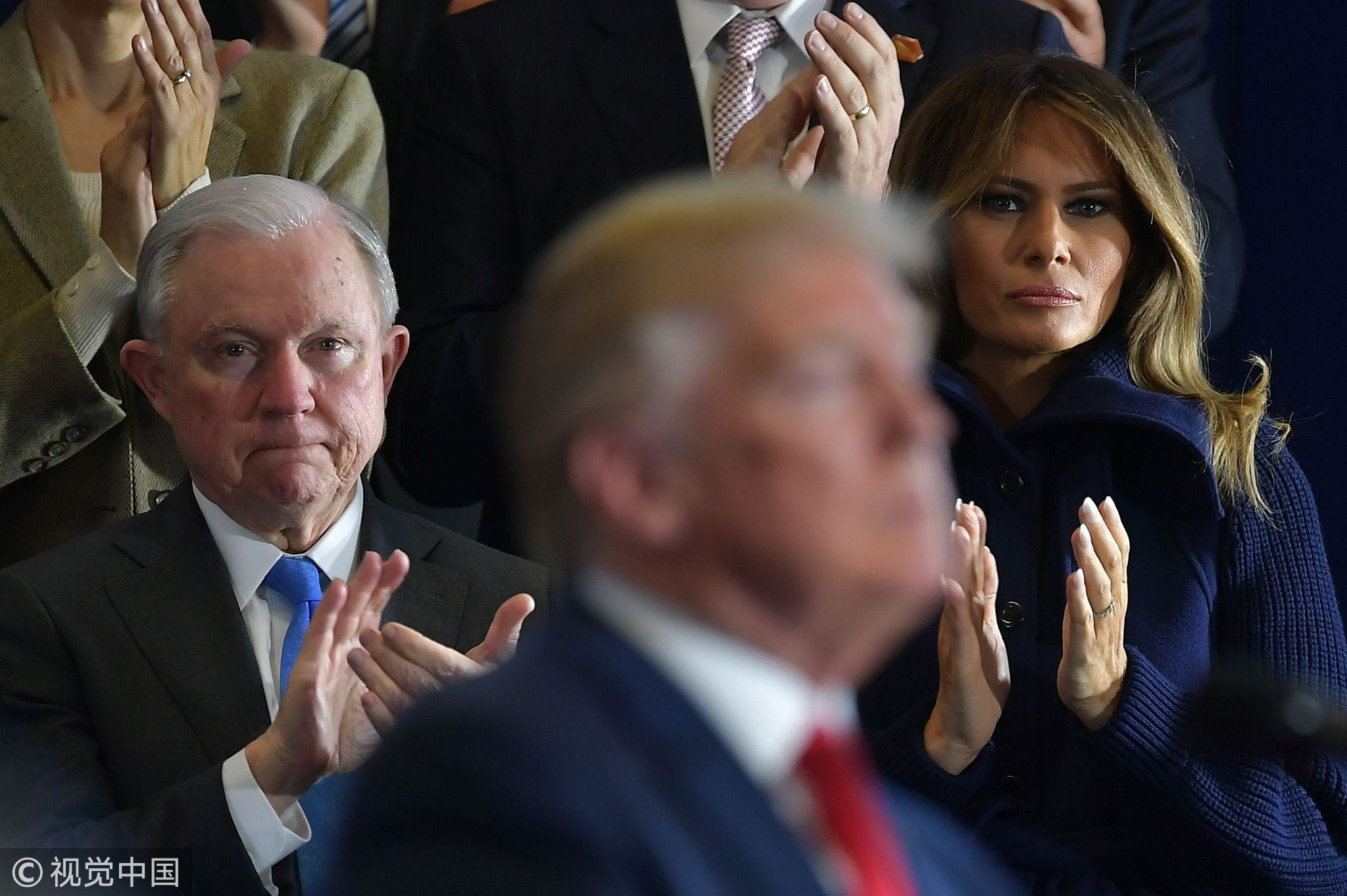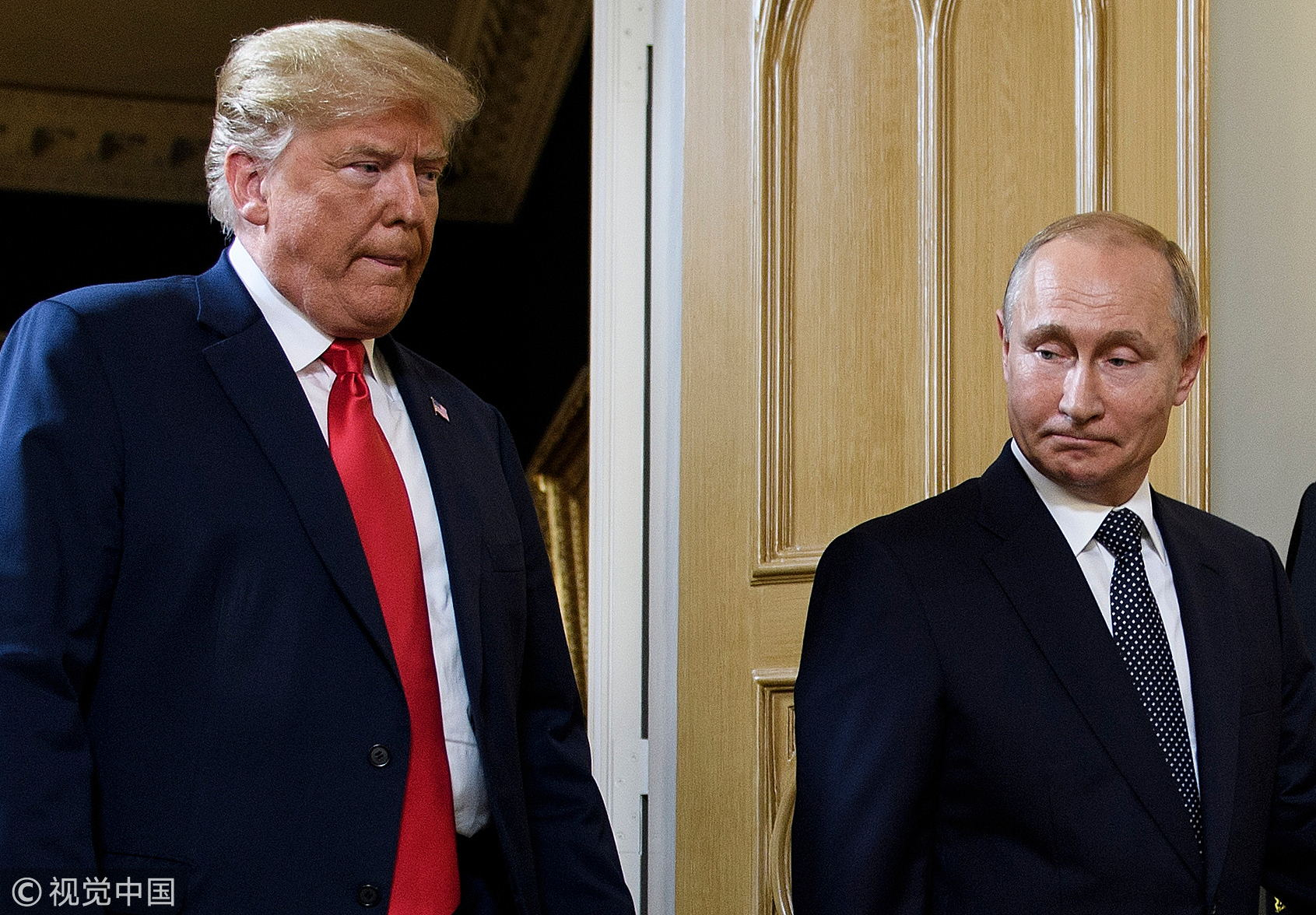
Opinions
17:21, 11-Nov-2018
Opinion: Can US-Russia summit overcome their mounting problems?
Updated
17:12, 14-Nov-2018
Pavel Felgenhauer

Editor's note: Pavel Felgenhauer is a columnist with Novaya Gazeta in Moscow, and a non-resident senior research fellow with the Jamestown Foundation in Washington. The article reflects the author's opinion, and not necessarily the views of CGTN.
Recently, Washington and Moscow agreed to postpone a planned US-Russian summit in Buenos Aires on the sidelines of the G20 summit in Argentina, scheduled for November 30 and December 1, 2018.
The summit between Russian President Vladimir Putin and his US counterpart Donald Trump was first scheduled to be held in Paris on November 11, on the sidelines of the celebration of the 100th anniversary of the end of World War One.
Kremlin officials said that the exact time and date of the rescheduled summit is being worked out with Washington, as is the agenda, which may involve strategic stability and arms control, the US intent to withdraw from the 1987 Intermediate-Range Nuclear Forces (INF) treaty and regional problems, primarily Syria where US and Russian forces are fighting parallel military campaigns against Islamist radicals in dangerous proximity to each other.
According to media reports, the Paris summit was canceled at the request of the French President Emmanuel Macron so they would not to overshadow the anniversary celebrations. Still some experts in Russia regarded the idea of a French president forbidding his Russian and American counterparts to meet as somewhat farfetched.

On March 19, 2018, Attorney General Jeff Sessions (L) and First Lady Melania Trump applaud as US President Donald Trump speaks about combating the opioid crisis at Manchester Community College in Manchester, New Hampshire. /VCG Photo
On March 19, 2018, Attorney General Jeff Sessions (L) and First Lady Melania Trump applaud as US President Donald Trump speaks about combating the opioid crisis at Manchester Community College in Manchester, New Hampshire. /VCG Photo
It's believed in Moscow the Trump-Putin Paris summit was canceled by the White House for internal political reasons, possibly connected with Trump's decision to fire Attorney General Jeff Sessions immediately after the midterm elections and a possible pending move to curtail the Special Counsel Robert Mueller's investigation into alleged Russian meddling in the US presidential election in 2016. The optics of a Trump-Putin full-scale summit happening at the same time as the Mueller probe is being carried out could have been considered too damaging.
Departing for Paris, Trump told reporters his relations with Putin are excellent and a summit in Argentina is coming. But problems between Russia and the US keep piling up and by the end of November could be much worse than they are today.
Trump may manage eventually to put to rest Mueller's investigation into alleged Russian election-meddling that has effectively hampered attempts by the two presidents to stabilize and improve US-Russia relations. The possible INF withdrawal in itself will not trigger an immediate arms race since the US does not have at present any medium-range land-based nuclear missiles it could begin deploying after abrogating the treaty, or the consent of allies in Europe and Asia to allow such deployments on their territory.
However, there is a very serious threat of a new devastating package of US sanctions being imposed very soon. The US State Department in August notified Congress of Russia's alleged violation of the Chemical and Biological Weapons Control and Warfare Elimination Act of 1991, announcing that Russia used a nerve agent in the attack against a former Russian spy in Salisbury, UK, in March.

On July 16, 2018, US President Donald Trump (L) and Russian President Vladimir Putin arrive for a meeting in Helsinki. /VCG Photo
On July 16, 2018, US President Donald Trump (L) and Russian President Vladimir Putin arrive for a meeting in Helsinki. /VCG Photo
For this, the US imposed its first round of sanctions on Russia on August 22 and announced that it will launch a second round of sanctions after 90 days if Russia does not take required measures.
And there is strong bipartisan support on Capitol Hill for more punitive anti-Russian action, which means the second round of sanctions may come as scheduled around November 22. In that case, the Putin-Trump summit in Buenos Aires could come too late, when new sanctions are already decided and relations damaged beyond any immediate reclaim.
As Russian relations with the US and its allies seem to be in damage control mode with little prospect of any pending improvement, Moscow has increasingly turned to the East, seeking to improve cooperation with other Asian nations including China, South Korea, the Democratic People's Republic of Korea (DPRK) and Japan. Moscow is closely coordinating with Beijing as its main regional political priority for expanding trade, investment and import of technologies. It together with Beijing has been calling for the lowering of tensions on the Korean Peninsula, with corresponding gradual sanction relieve, while Washington demands DPRK denuclearization must come first.
With Russia paying more attention to the East, how Russia and the US will interact with each other and to what extent the US-Russia summit will promote the bilateral relations are still in doubt.
(If you want to contribute and have specific expertise, contact us at opinions@cgtn.com.)

SITEMAP
Copyright © 2018 CGTN. Beijing ICP prepared NO.16065310-3
Copyright © 2018 CGTN. Beijing ICP prepared NO.16065310-3